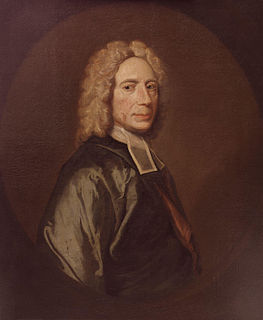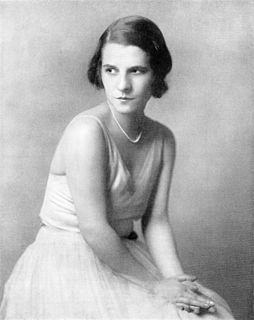A Quote by Aristotle
We assume therefore that moral virtue is the quality of acting in the best way in relation to pleasures and pains, and that vice is the opposite.
Related Quotes
Do not grieve over the temptations you suffer. When the Lord intends to bestow a particular virtue on us, He often permits us first to be tempted by the opposite vice. Therefore, look upon every temptation as an invitation to grow in a particular virtue and a promise by God that you will be successful, if only you stand fast.
Taste and elegance, though they are reckoned only among the smaller and secondary morals, yet are of no mean importance in the regulations of life. A moral taste is not of force to turn vice into virtue; but it recommends virtue with something like the blandishments of pleasure, and it infinitely abates the evils of vice.
When you say there's too much evil in this world you assume there's good. When you assume there's good, you assume there's such a thing as a moral law on the basis of which to differentiate between good and evil. But if you assume a moral law, you must posit a moral Law Giver, but that's Who you're trying to disprove and not prove. Because if there's no moral Law Giver, there's no moral law. If there's no moral law, there's no good. If there's no good, there's no evil. What is your question?
Natural good is' so intimately connected with moral good, and natural evil with moral evil, that I am as certain as if I heard a voice from heaven proclaim it, that God is on the side of virtue. He has learnt much, and has not lived in vain, who has practically discovered that most strict and necessary connection, that does and will ever exist between vice and misery, and virtue and happiness.
State censorship presents itself as a bulwark between society and forces of subversion or moral corruption. To dismiss this account of its own motives by the state as insincere would be a mistake: it is a feature of the paranoid logic of the censoring mentality that virtue ... must be innocent, and therefore, unless protected, vulnerable to the wiles of vice.






































